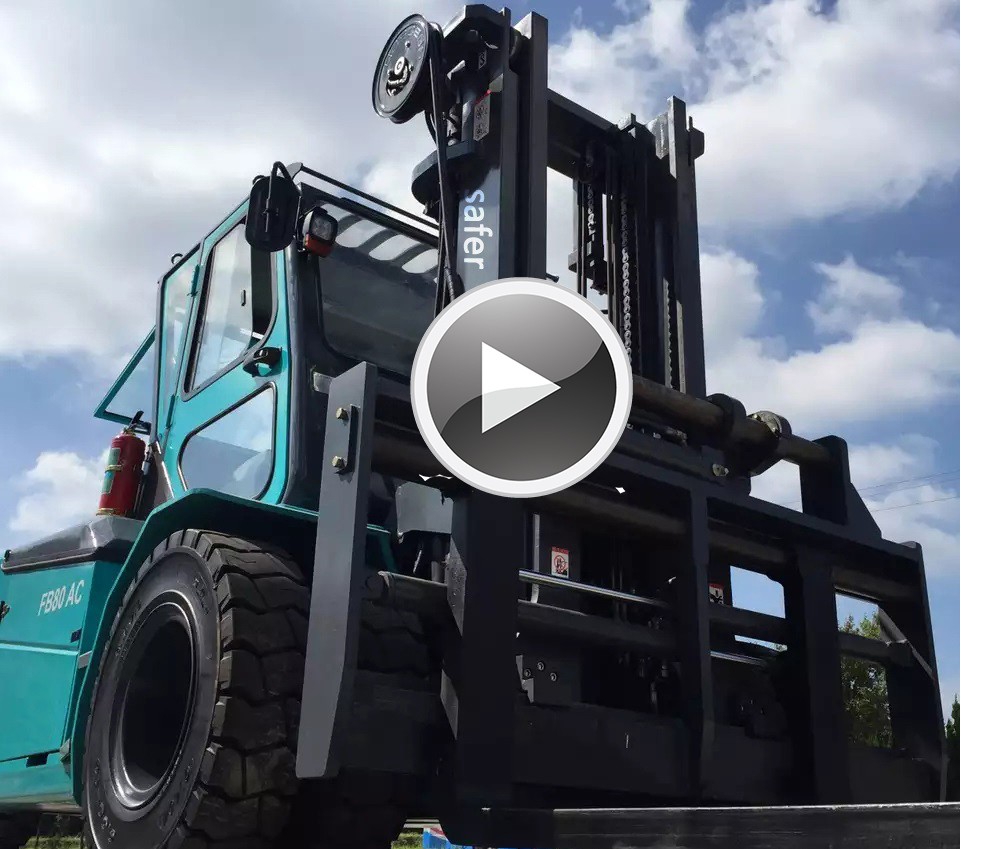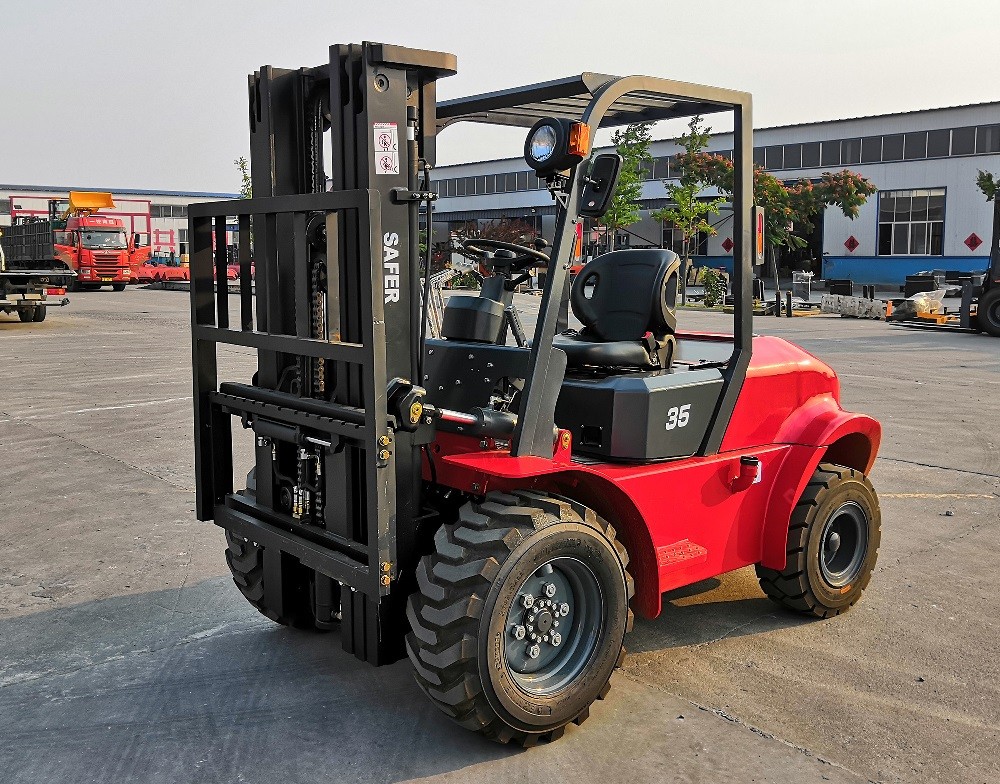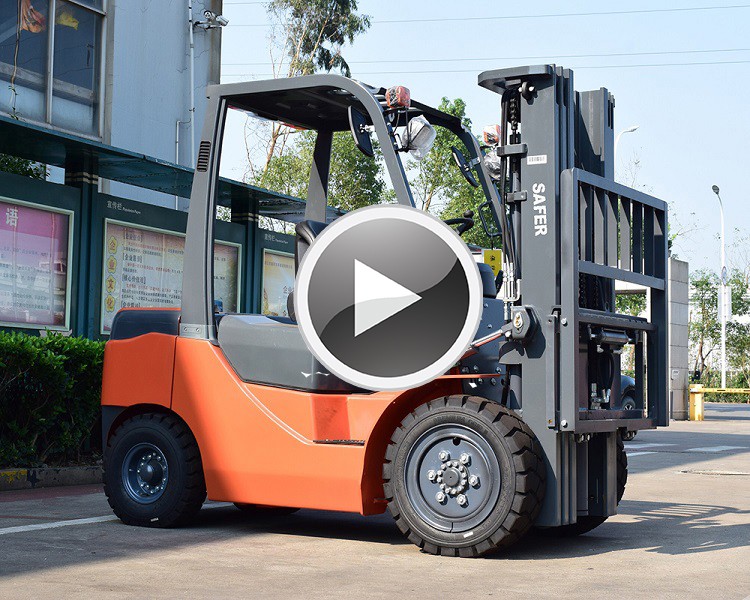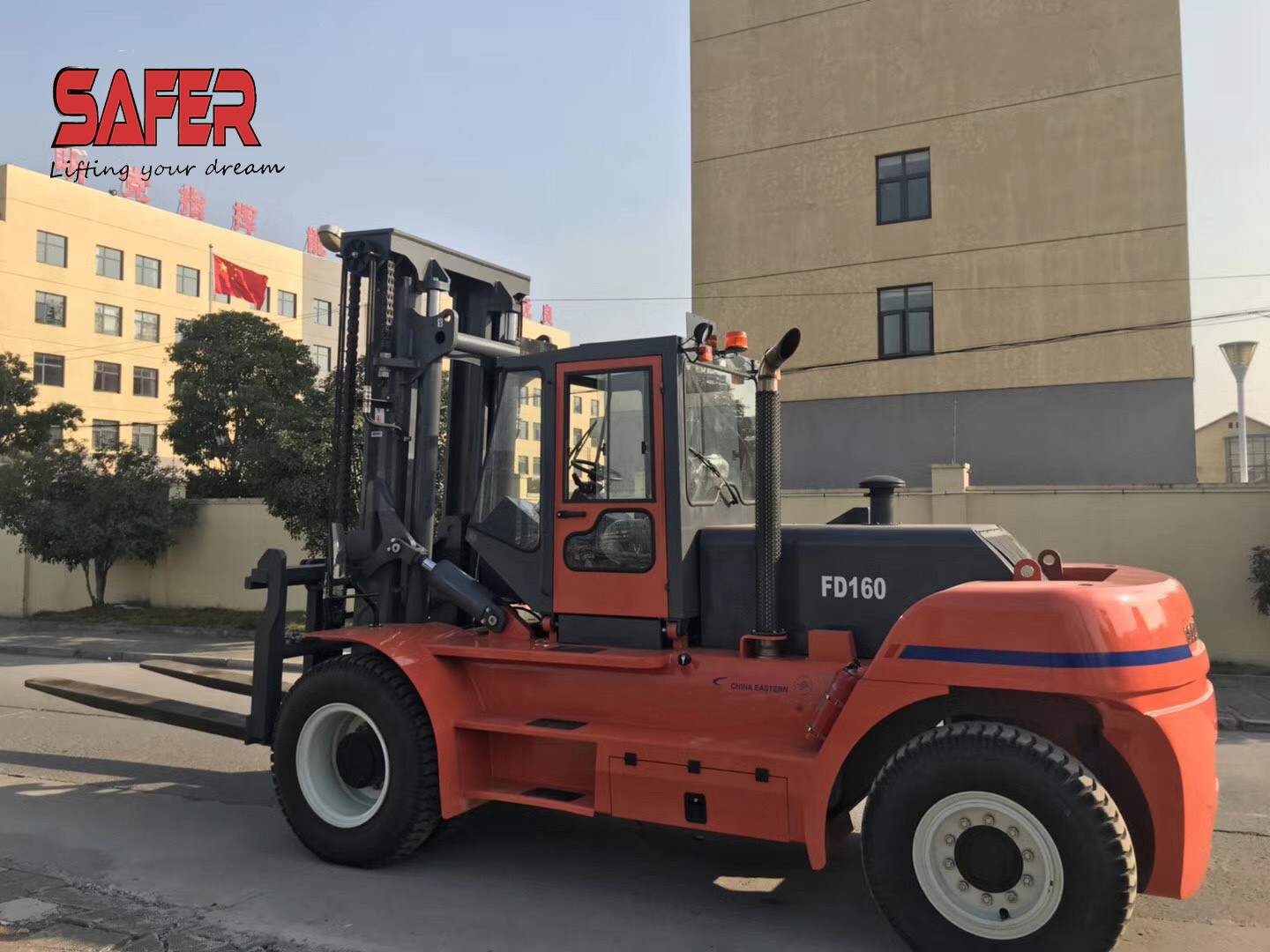Safety is no small matter. Saferlifts always puts safety first. In the locomotive maintenance manual delivered with the new car, the emergency conditions and risks that may occur when using, maintaining and repairing the equipment under normal conditions are included to remind the operation and maintenance personnel to pay attention. Ensure the risk of personal injury and the risk of damage to equipment property during work.
What are the needs for attention in equipment operation and maintenance? First, comply with local laws, safety regulations, and safety instructions. Secondly, relevant job training and proper equipment and tool operation training are also essential; again, staff members need to wear protective clothing and labor protection products on a daily basis, and always be cautious; finally, the lucky event can not be ignored, we need to take appropriate measures. To avoid injury. With these safety information, I hope that everyone can be foolproof in their work.
Organic solvents
Organic solvents are liquids that dissolve oils, paints, oils, adhesives, etc., and are commonly found in naphtha, gasoline, alcohol, diesel, etc. Many solvents are flammable. Products containing solvents can emit volatiles that can cause dizziness, headache, and nausea, and can also irritate the mucous membranes in the throat and respiratory tract.
If the solvent comes into contact with the skin, it may cause the skin to dry out and crack. If the solvent penetrates into the skin and is absorbed by the blood, it may cause insomnia, depression, nervousness, memory loss and burnout. Continuous inhalation of gasoline and diesel gas may even cause Lead to cancer.
Therefore, it is necessary to use a solvent with a low aromatic content and protective clothing. In the course of use, it is necessary to pay attention to ventilation. Wear a mask or respirator with suitable gas filter and solvent protective gloves to avoid inhalation of solvent. Gas and skin contact; cover the solvent container with a sealed lid.
Pressure gas and hydraulic
When the high-pressure pipeline is damaged during operation and the hose joint is loosened, high-pressure gas or liquid may leak and eject. If the cylinder is subjected to an external force, it may explode. Therefore, when working on hydraulic systems, fuel systems, air conditioning systems, and cooling systems, and when changing tires, take measures to ensure safety.
To sum it up, it is “four to four”: wear goggles and protective gloves; replace the hydraulic hoses at the joints as soon as possible and thoroughly inspect the joints; check the leaks with liquids; discard the damaged pressure accumulators before First, drain the pressure first, then puncture; do not work on the system with pressure; do not adjust the pressure limiting valve to a pressure higher than the manufacturer's recommended pressure; do not blow the clothes with compressed air; do not feel it by hand To check for any leaks, because the fine flow of liquid ejected from the liquid hose has a high pressure and can easily penetrate the hand, causing serious injury.
Coolant
The coolant in the locomotive cooling system consists of water, anti-corrosion compounds and antifreeze, so it cannot be discharged to the sewer or discharged directly to the ground. When the engine is hot, the cooling system is at a high pressure. If a leak occurs or the water inlet is opened, the high-temperature coolant may be ejected, causing burns. Ethylene glycol and anti-corrosion compounds in the coolant are very dangerous, and human consumption is harmful to health.
In the course of work, if there is a risk of spraying, wear goggles and protective gloves; first open the water cap to release the high pressure, because high temperature steam and coolant will flow out, so be careful; if possible, try not to cool The cooling system works when the liquid is hot.
The refrigerant
Refrigerant must be used by trained, accredited/authorized personnel in accordance with national laws and local regulations when used in locomotive air conditioning systems. Since the air conditioner operates at a high pressure, the leaked refrigerant causes frostbite, and the gas emitted by the heated refrigerant (for example, when the air conditioner is leaked) is inhaled and is very dangerous. Therefore, the staff of the air conditioning system must have professional qualifications, follow the instructions in the Maintenance Manual, and use the refrigerant equipment in the Maintenance Manual. If there is a risk of leakage, wear goggles and protective gloves and ensure that there are no heat or hot objects (unburned cigarettes or welding flames) nearby.
Air pollution
Air pollution refers to the presence of pollutants that are harmful to health in the surrounding air. In some environments, specific pollutants are more common.
The following harmful air pollutants are particularly prominent indoors: for example, carbon monoxide (smoke) in exhaust gas is extremely dangerous because carbon monoxide is odorless; exhaust gas contains oxides (nitrogen-containing gas); welding fumes are very harmful to health, especially It is used for welding on oil-containing surfaces, galvanized or painted materials; oil mist when applying preservatives; grinding dust and gas generated when grinding and heating plastics, paints, preservatives, lubricants, paints, etc.; Coatings, fillers, binders and foams may contain isocyanates.
Sulfuric acid mist is generated when heating certain plastics and paints, which is corrosive and damages the respiratory tract. When cutting, grinding and welding, isocyanate is released in the form of steam or dust (may also be in the suspension particles), which may irritate the mucous membranes, causing asthma-like symptoms and impairing lung function. Even exposure to high concentrations for a short period of time may contribute to permanent hypersensitivity.
Therefore, when welding, charging the battery and performing other work to release harmful gases, ensure adequate ventilation with fresh air. When there is a risk of oil mist, wear suitable protective gloves and respiratory protectors to ensure that the protective device is resistant to oil. Apply oil-resistant protective cream to the skin; ensure that the eye-washer is on hand when handling corrosive substances; and avoid operating the locomotive indoors, connect the blower to the exhaust pipe, and let the exhaust flow to the outside.
Pre:Electric forklift charging regulations and precautions
Next:Ten basic points should be kept in mind when operate a Electric forklift



